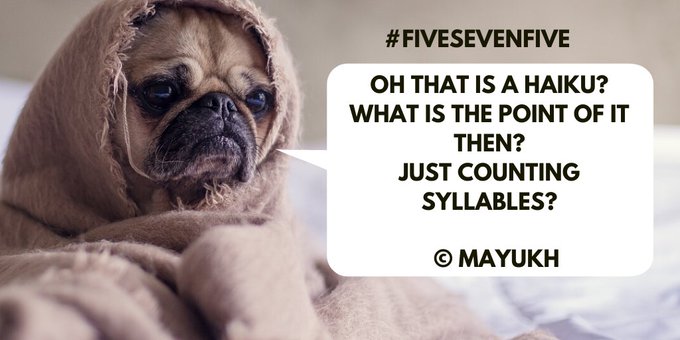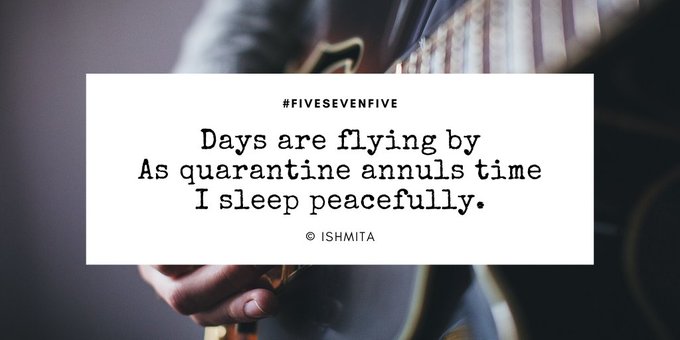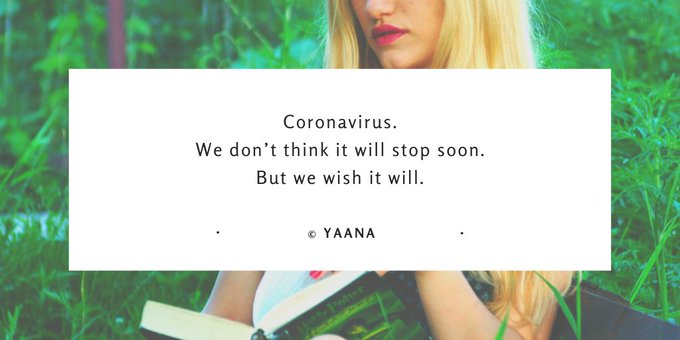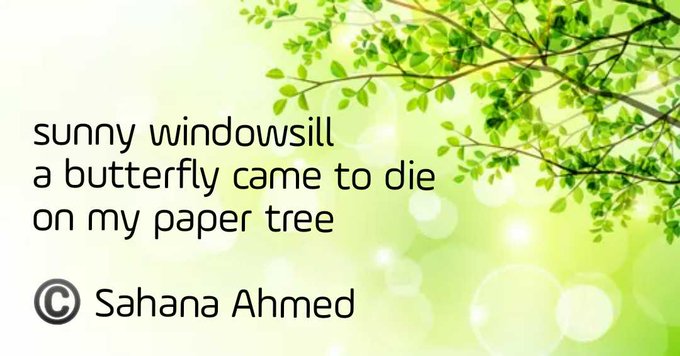We spoke to Deeksha Divya Padhmanabhan, author of the book Personification on Planets and Sun. She collaborated with her sister Praganya while creating the book.

Why did you choose to write about the solar system during this pandemic?
I am 9 years old and as schools are closed during the lockdown period, I was getting bored. I like reading and writing so I was writing something. I wrote a page on Sun using Personification and my mother liked it very much and suggested me to write more on other planets. So, I decided to write on all planets.

How long did it take you to write it?
It took me 10-12 days to write and my sister took another few days in doing illustrations.
Describe how you and your sister collaborated on this story.
My sister Praganya who is 7 years old, lives in Bangalore. I live in Goa. So, when I started writing this personification, I thought of making it as a book. All kids’ books are incomplete without illustrations. I asked my sister if she would be interested in doing illustrations as she is very good at drawing. She happily agreed. So, I use to send her my completed part and she use to draw based on my writing.

What was your experience using the Pothi.com platform like?
My mummy and my Mausi took charge once both of us completed our book. They heard about Pothi.com and based on their experience, I can say that it is super easy and effective.
Of the nine planets, which is your favorite, besides Earth?
Besides Earth, Mars is my favorite because scientists are exploring life on Mars. After seeing “Mission Mangal’ I got more interested in this planet. I have also read that Mars might have aliens.
Tell us about your next project.
I don’t know but I think if I write again a book, I would write one on Dinosaurs.
Thank you for telling us about your book adventure Deeksha. Wish you and Praganya luck in your future writing ventures!
















 Apricity is a word that the Pothi.com team stumbled upon on Twitter. It’s a rare word, having appeared in 1623 when Henry Cockeram recorded or invented it it for his dictionary. The word never really took off.
Apricity is a word that the Pothi.com team stumbled upon on Twitter. It’s a rare word, having appeared in 1623 when Henry Cockeram recorded or invented it it for his dictionary. The word never really took off.